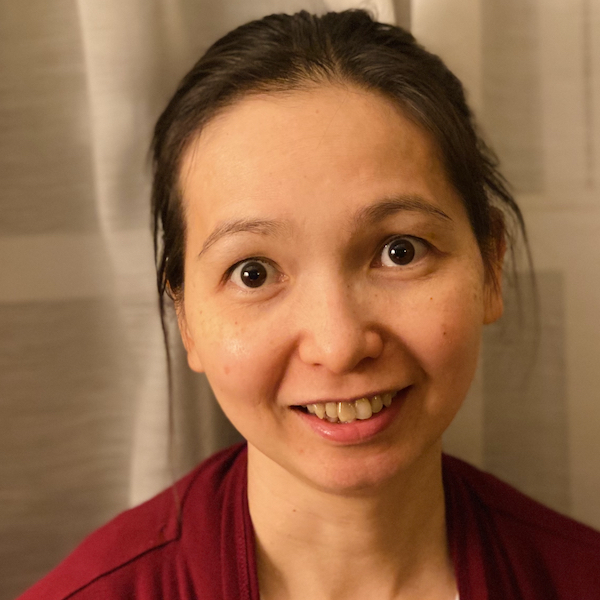 An important cell in our immune response arsenal is the B cell, a white blood cell that fights infection by producing antibodies. However, if the B cell homeostasis (maintenance of internal stability) is disrupted some of the cells may produce auto-antibodies which attack our own tissue instead of foreign molecules. Disruption of B cell homeostasis can occur as a result of the treatment of inflammatory arthritis with TNF inhibitors or biologic anti-inflammatory agents, this can lead to the development of secondary autoimmune conditions such as lupus.
An important cell in our immune response arsenal is the B cell, a white blood cell that fights infection by producing antibodies. However, if the B cell homeostasis (maintenance of internal stability) is disrupted some of the cells may produce auto-antibodies which attack our own tissue instead of foreign molecules. Disruption of B cell homeostasis can occur as a result of the treatment of inflammatory arthritis with TNF inhibitors or biologic anti-inflammatory agents, this can lead to the development of secondary autoimmune conditions such as lupus.
Dr Tam Quach, an instructor in the Department of Autoimmune Diseases at The Feinstein Institute for Medical Research, is using an ANRF grant to research the mechanisms that lead to the disruption of B cell homeostasis. B cells mature at sites within the lymph and spleen – known as Germinal Centers (GCs). This is also the site where B cells alter their antibody production in order to create a specific response to threats.
TNF inhibitors, a common treatment for arthritis, prevents GCs from forming thus preventing B cells from developing appropriate production of antibodies. “We discovered that autoantibodies are induced in TNF deficient mice despite the absence of germinal centers, but these antibodies do not cause clinical disease. This induction of autoantibodies that do not harm the host is similar to what is found in most patients treated with TNF inhibitor drugs. We then asked what kind of stimuli could induce autoantibodies that are capable of tissue injury. We discovered that there are several different types of secondary insults that can cause harmful autoantibodies to emerge, including a strong stimulus with bacterial components or a strong genetic predisposition.”
Dr Quach speculates that one mechanism that could account for their results is the failure of negative signals that usually regulate B lymphocyte signals to suppress the development of autoantibodies, and therefore, B cells become hyperactivated. In their second year of funding the team will evaluate the B cell signaling apparatus in order to test if those signals are defective in all B cells or just in autoreactive B cells. The laboratory will also test this signaling defect hypothesis in B cells from autoimmune patients who are being given TNF inhibition treatment.
“The results from this study will help to identify activation pathways that are defective in autoreactive B cells when TNF is inhibited and guide future efforts in determining which patients are at risk for developing unwanted side effects of these drugs. Our experiments will also improve our understanding of how the immune system regulates autoreactive B cells in general.”





